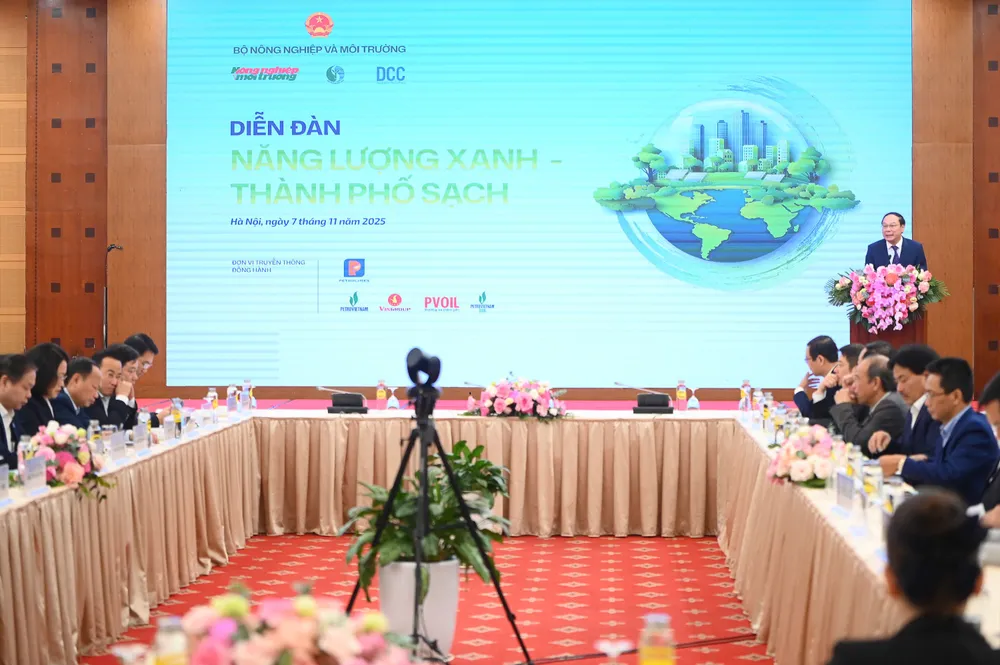
Speaking at the forum, Deputy Minister of Agriculture and Environment Le Cong Thanh emphasized that in the context of climate change, environmental pollution and resource depletion, the transition to clean energy is an inevitable trend and a common responsibility of each country.
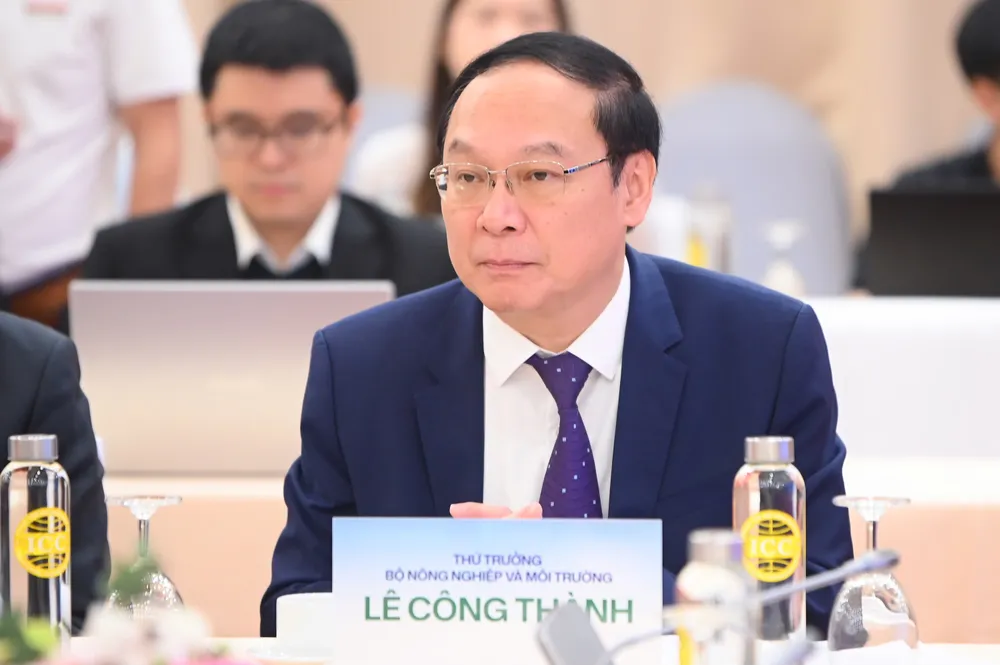
According to Mr. Truong Manh Tuan, Deputy Head of the Department of Environmental Quality Management - Department of Environment (Ministry of Agriculture and Environment), air pollution is currently a serious problem, mainly concentrated in two key economic regions: Hanoi and neighboring provinces, and Ho Chi Minh City and its vicinity.
Monitoring results show that dust pollution, especially PM2.5 fine dust, often increases cyclically from October to April of the following year, mainly in areas with high traffic density and many production facilities. The main emission sources come from traffic, industrial, construction, open burning and residential activities.
Faced with this reality, the Ministry of Agriculture and Environment is drafting a roadmap for applying emission standards for motorbikes and scooters. The official roadmap will be adjusted accordingly to give people and localities time to prepare.
Hanoi and Ho Chi Minh City will implement it earlier (from July 1, 2027); large cities such as Hai Phong, Da Nang, Can Tho, Hue will apply from July 1, 2028, other localities from July 1, 2030.
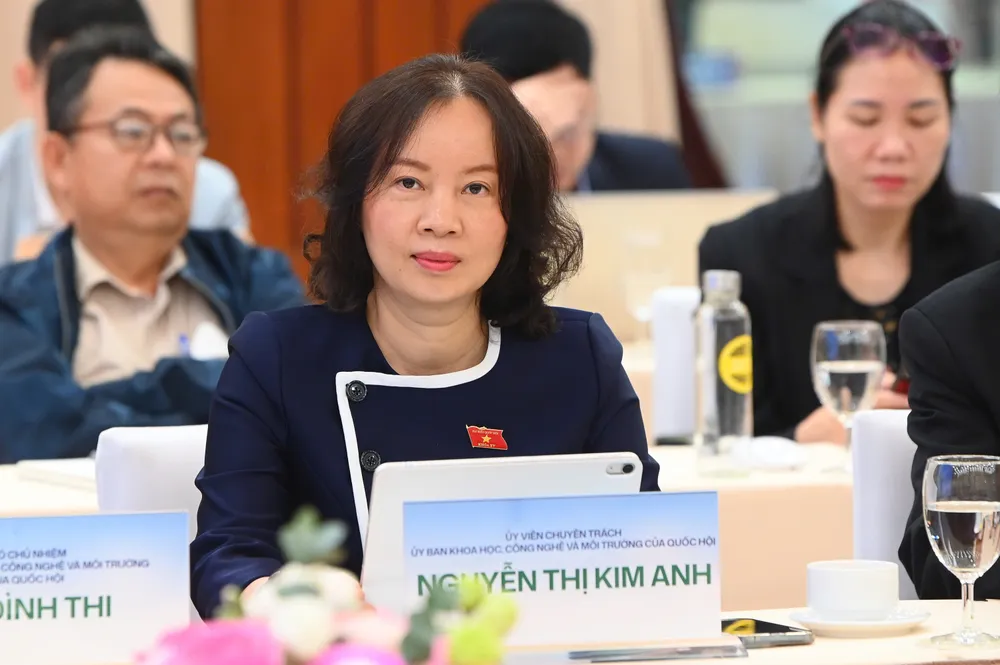
Mr. Le Van Dat, Deputy Director of the Academy of Strategy and Training of Construction Officials (Ministry of Construction), expressed his opinion that developing green transport and reducing air pollution requires synchronous coordination from many solutions on investment mechanisms, finance, control of personal vehicles and support for people. He proposed flexible PPP models (BOT, BOO, BLT, service contracts) in developing urban railways and buses, while encouraging investment in waterway bus routes using green energy.
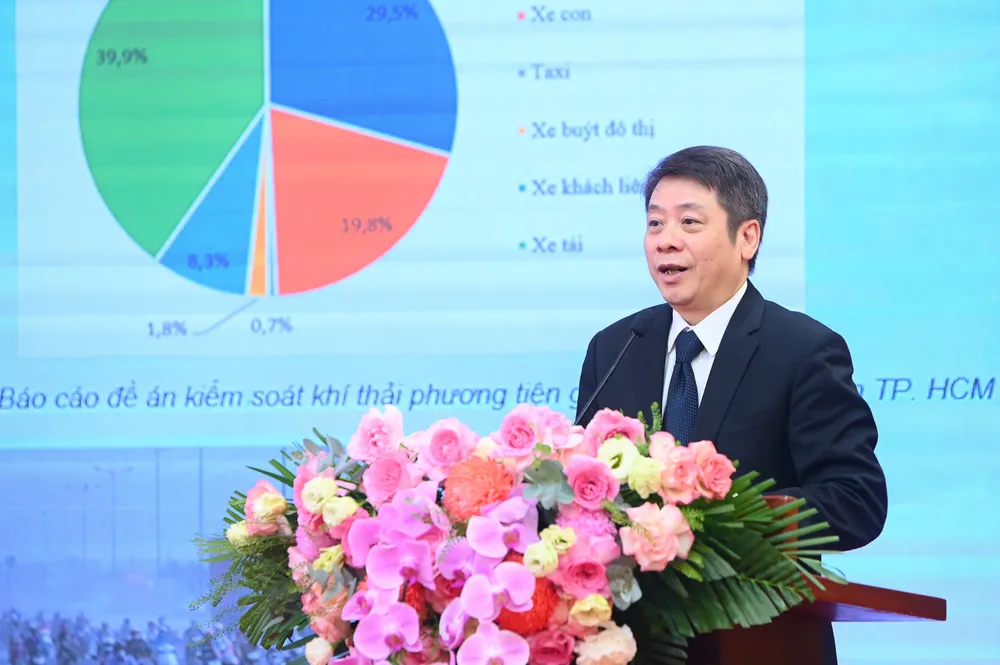
Mr. Le Van Dat also said that the State needs to have a mechanism to share revenue risks with businesses operating in accordance with the characteristics of each locality. Regarding financial policies, he proposed a 50% reduction in corporate income tax for the first 5 years for units investing in electric bus charging stations; support loan interest rates for infrastructure projects and vehicles using clean energy; and prioritize the budget for public passenger transport.
In addition, he proposed tax exemption and reduction for businesses providing rental services for electric vehicles, bicycles, and electric motorbikes, especially in low-emission areas, expanding small buses, and applying information technology to optimize the route network and improve service quality.
A representative of the Hanoi Department of Agriculture and Environment said that the capital is facing environmental pressure due to rapid urbanization, but this is also an opportunity for green transformation, towards carbon neutrality by 2050.
Hanoi has issued a plan to manage air quality until 2030, with a vision to 2035, setting a target of 75-80% of days a year having good or moderate air quality.
According to the plan, Hanoi will divide into low-emission zones, restrict motor traffic, ban heavy diesel trucks, prioritize cars that meet level 4 emission standards and motorbikes that meet level 2, forming a solid legal corridor for green transformation.
Along with Hanoi, localities such as Da Nang and Ho Chi Minh City are also setting up areas to restrict personal vehicles during rush hours, testing rooftop solar power for residential areas, buildings and public lighting systems.
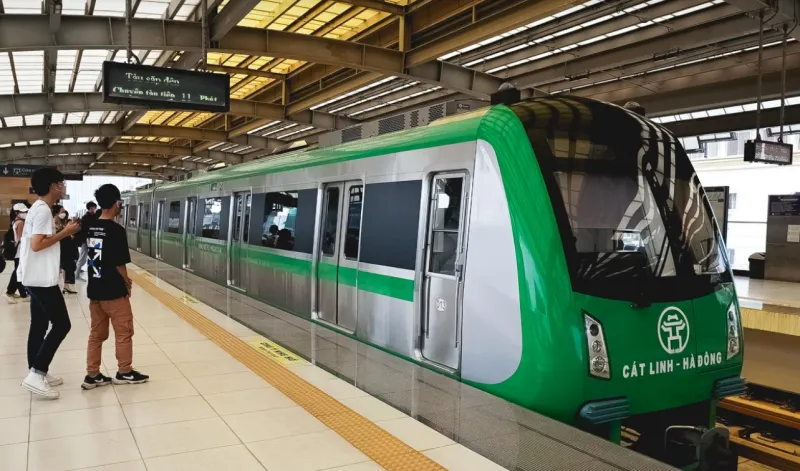
Deputy Minister Le Cong Thanh said that Vietnam has shown its strong commitment through the 2020 Law on Environmental Protection, the environmental protection strategy and plan to 2030, with a vision to 2050, and action plans to reduce greenhouse gas emissions and protect the ozone layer.
According to the Deputy Minister of Agriculture and Environment, developing green energy not only helps reduce emissions and ensure energy security, but also opens up a sustainable direction for large cities such as Hanoi, Ho Chi Minh City, Da Nang, and Hai Phong.
Leaders of the Ministry of Agriculture and Environment pointed out three important pillars to build a "clean city": controlling emissions from traffic, developing renewable energy infrastructure and integrating environmental standards in urban planning.
Source: https://www.sggp.org.vn/ha-noi-va-tphcm-huong-den-thanh-pho-sach-bang-lo-trinh-siet-khi-thai-post822274.html



![[Photo] Da Nang: Hundreds of people join hands to clean up a vital tourist route after storm No. 13](https://vphoto.vietnam.vn/thumb/1200x675/vietnam/resource/IMAGE/2025/11/07/1762491638903_image-3-1353-jpg.webp)









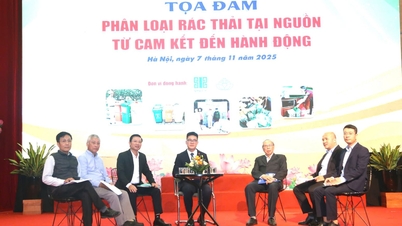


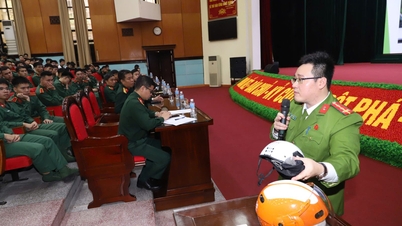
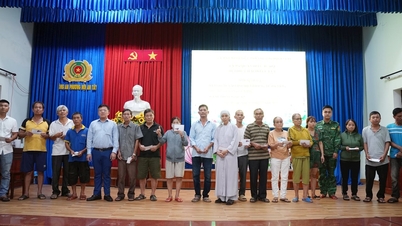




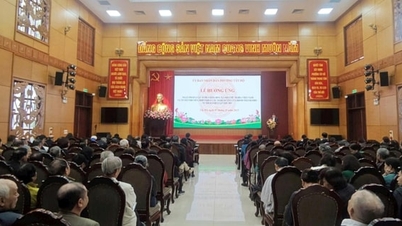

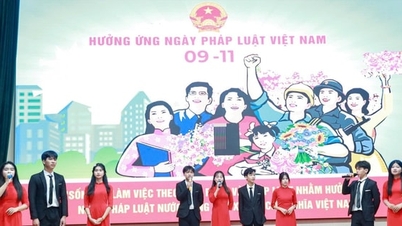
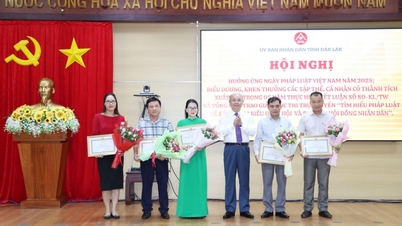










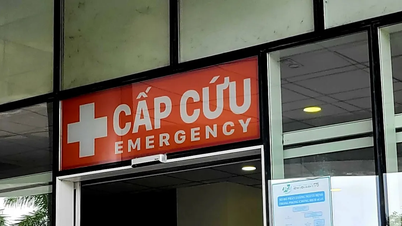





































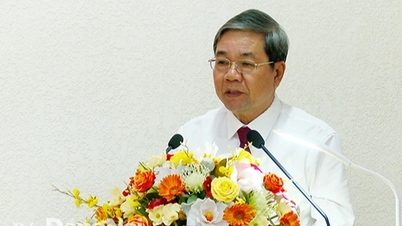
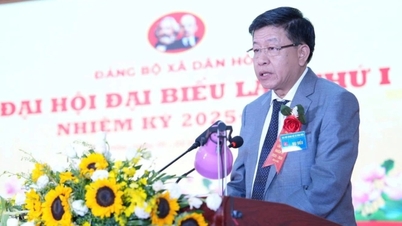



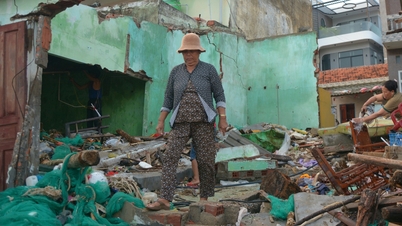




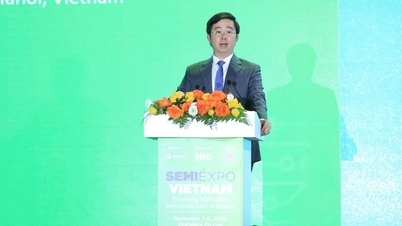

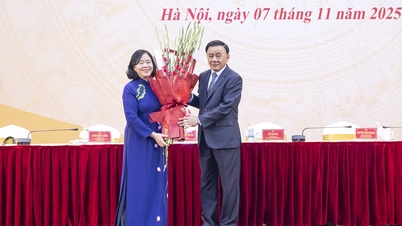




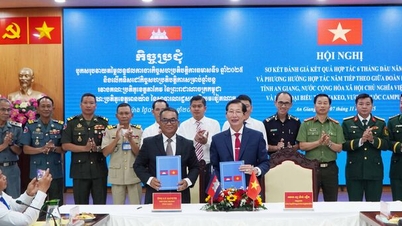

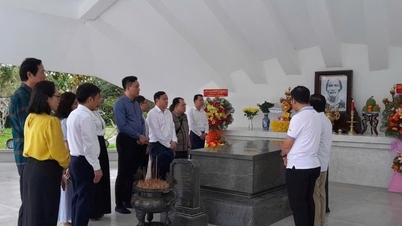

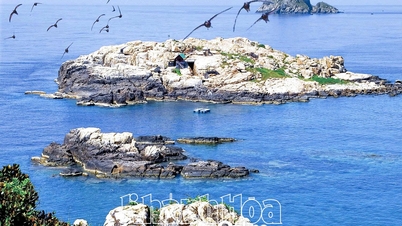

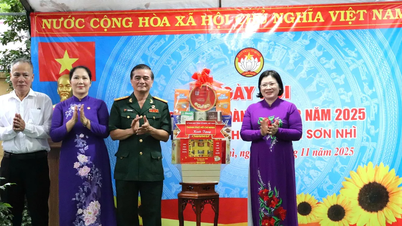















Comment (0)